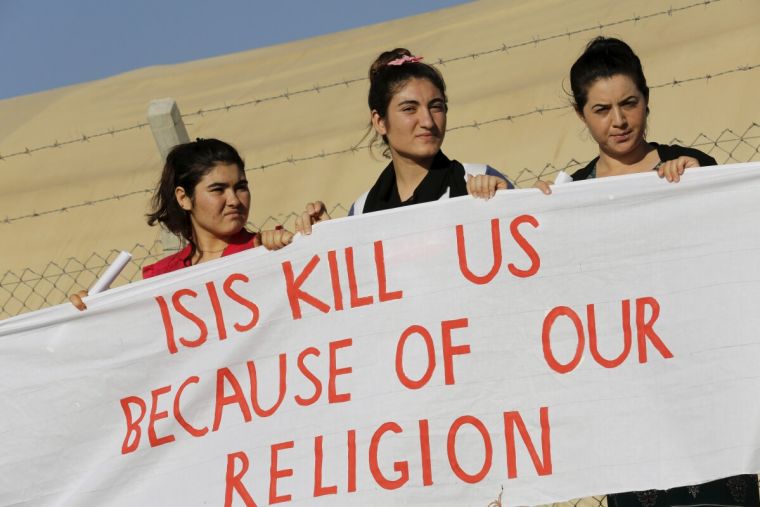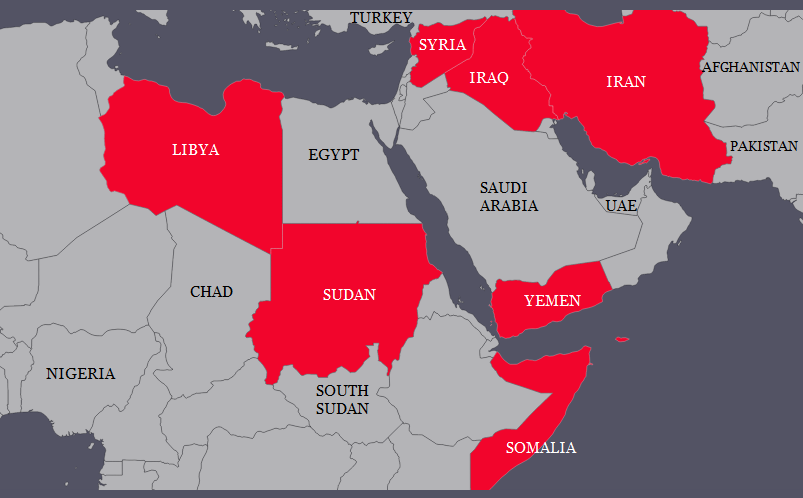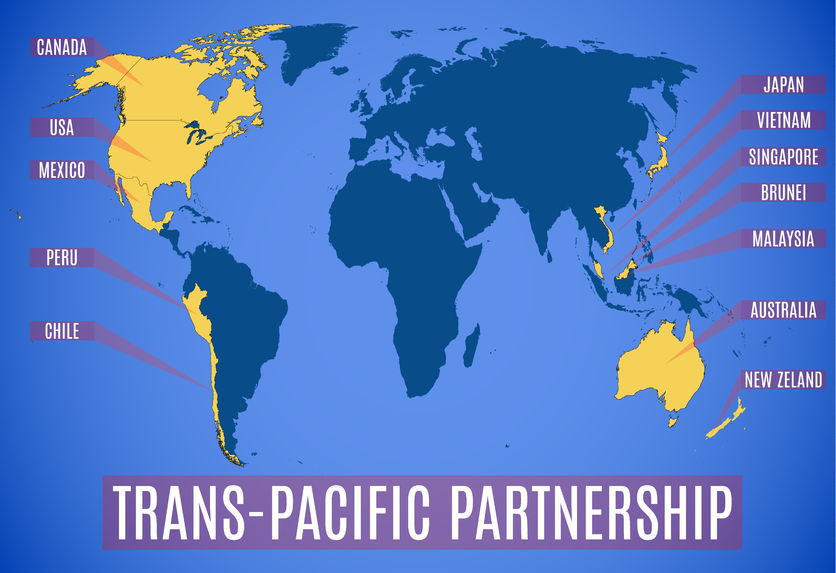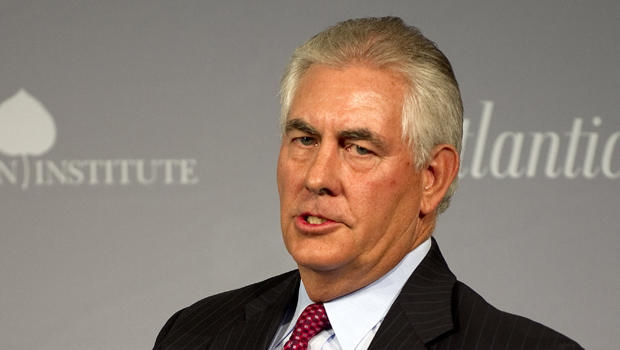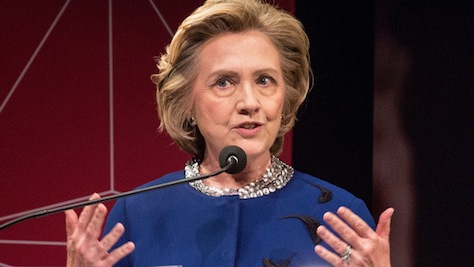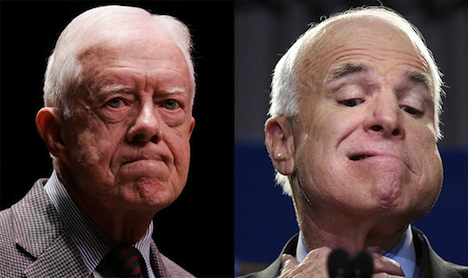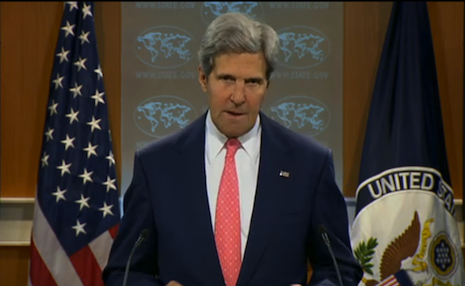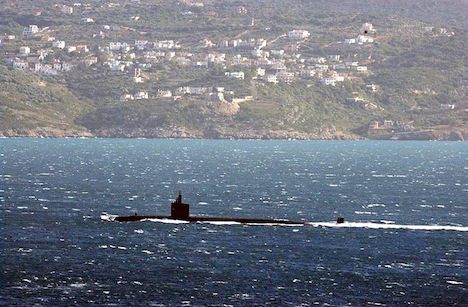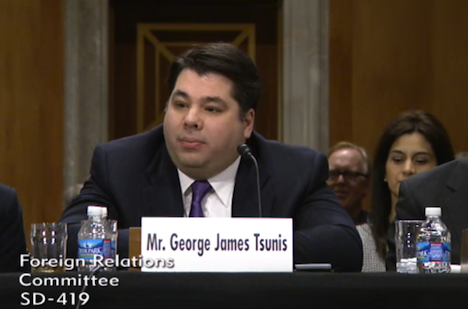
Not only does George Tsunis not speak Norwegian, he’s never even set foot in Norway.

Yet, even as he stumbled through an embarrassingly poor performance at a hearing on Thursday before the US Senate Foreign Relations Committee, Tsunis is set to become the next US ambassador to Oslo.
As US senator John McCain asked Tsunis about the ‘anti-immigration’ Framskrittspartiet (Progress Party), which is the junior member in Norway’s center-right governing coalition, the future ambassador stumbled with his answer or, as Norway’s newspapers phrased it, tråkket i salaten (trampled through the salad bowl).
“You get some fringe elements that have a microphone and spew their hatred,” he said in the pre-appointment hearing. “And I will tell you Norway has been very quick to denounce them.”
McCain interrupted him, pointing out that as part of the coalition, the party was hardly being denounced.
“I stand corrected,” Tsunis said after a pause. “I would like to leave my answer at… it’s a very,very open society and the overwhelming amount of Norwegians and the overwhelming amount of people in parliament don’t feel the same way.”
Good grief. This came after Tsunis referred to Norway’s ‘president’ — of course, there’s no such office because Norway is a constitutional monarchy. By way of background, Tsunis is an attorney and a businessman from Long Island. He founded Chartwell Hotels, which operates properties for InterContinental Hotels and other hotel chains. Though he supported McCain, a Republican, in the 2008 US presidential election, he bundled nearly $1 million in contributions for US president Barack Obama, a Democrat, in the subsequent 2012 presidential election, and he personally donated $267,244 to the Democratic Party in 2012 and $278,531 in 2010. Tsunis is an active member of the Greek-American community and the Greek Orthodox Church, which begs why anyone in the Obama administration would send him… to Norway.
McCain, not thrilled with the response, thanked Tsunis and the ‘incredibly highly qualified group of nominees.’ But perhaps McCain should leave aside the snark himself — Norwegians might also take issue with his characterization of the Progress Party solely as an anti-immigration party. In fact, the party has its genesis in the anti-tax movement of the 1970s. It’s certainly in favor of tougher immigration restrictions, and it’s probably Norway’s most controversial major party. But it’s not nearly as xenophobic as some of Europe’s other parties (e.g., Marine Le Pen’s Front national in France), and it represents something greater in Norway as a party of rupture.
Other mainstream center-left and center-right parties largely support Norway’s social welfare state, just as they support the relatively fiscal conservative steps to limit spending from Norway’s oil largesse. The Progress Party wants to break away radically from the state-heavy welfare model, and it wants to spend more of Norway’s oil fund today.
That’s why Erna Solberg, the leader of Høyre (the ‘Right,’ or more commonly, the Conservative Party) is Norway’s prime minister today instead of Progress Party leader Siv Jensen. Solberg pulled the Conservative Party toward a more moderate policy path that’s essentially the center-right analog to the long-governing Arbeiderpartiet (Labour Party), which lost the September 2013 elections after two terms in power under former prime minister Jens Stoltenberg.
It doesn’t seem like it would be so incredibly hard for the Obama administration to bring even someone woefully uniformed about Norway’s political, cultural and economic basics up to speed — even Tsunis! That the Obama administration chose not to do so is perhaps the most egregious oversight of all.
The previous ambassador to Norway, Barry White, who served from 2009 to 2013, had at least some basis in international affairs as the longtime managing partner of Foley Hoag LLP, and as the chair of Lex Mundi, a global association of international, independent law firms. His predecessor, Benson Whitney, served from 2005 to 2009 under former president George W. Bush. A native of Saint Paul, Minnesota, Whitney came from the US state with the greatest number of Norwegian-Americans by far. As then-president of the Minnesota Venture Capital Association, he could argue that his experience in venture capital and investments would bode well to serve as a representative to the country with the world’s largest sovereign wealth fund.
It’s not just Tsunis. The Obama administration’s nominee to serve as the ambassador to Hungary, by the way? Colleen Bradley Bell, a television producer and — you guessed it — philanthropist and top Obama campaign donor. At a time when Hungary faces some of the most troubling accusations of democratic backsliding within the European Union, and with Hungarian prime minister Viktor Orbán set to win another majority under a new (troubling) electoral system in April, the United States is sending the producer of television daytime soap opera ‘The Bold and the Beautiful.’
I wrote last June that the nomination of James Costos, a Hollywood executive and Obama donor with no Spanish language skills and no apparent ties to Spain, to become the US ambassador of Spain was a prime example of why the current practice of sending wealthy donors (instead of career diplomats from the US state department) is so flawed: Continue reading Tsunis nomination draws scorn from Norwegians →
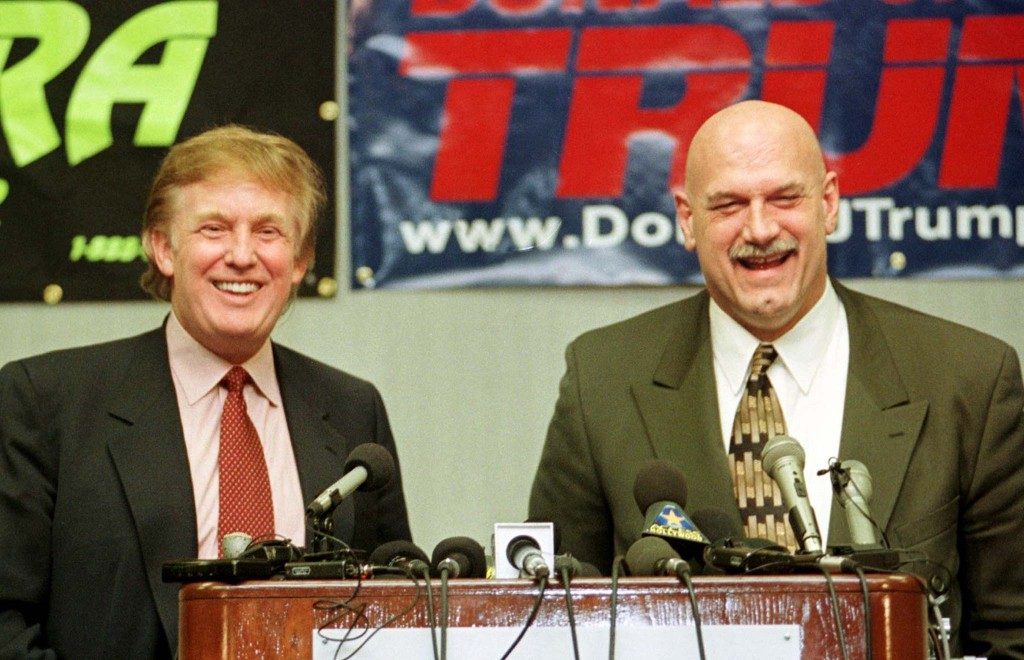
![]()
